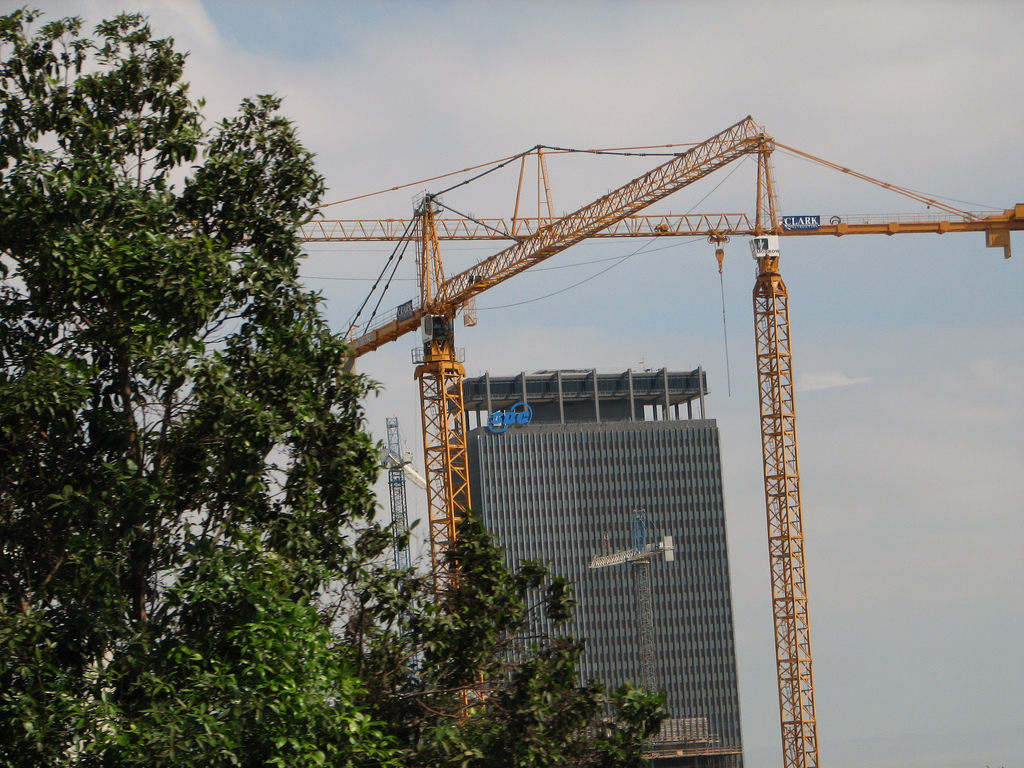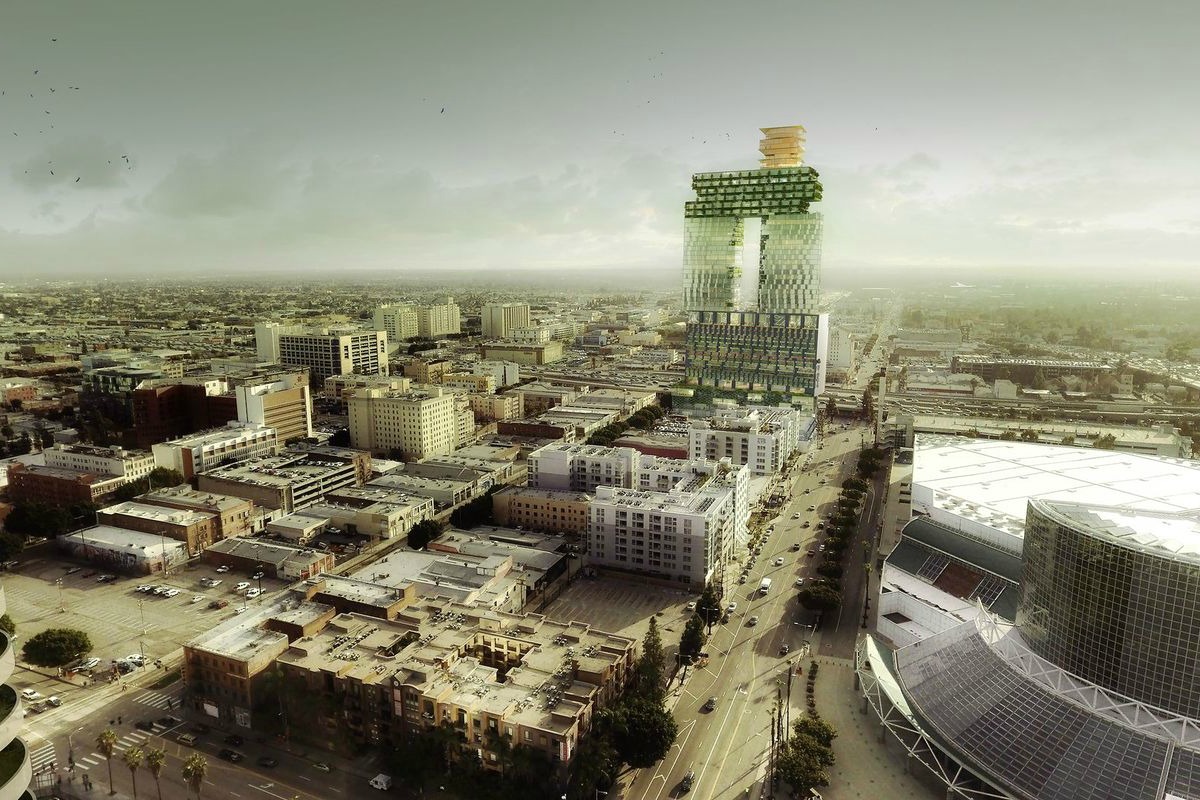How Measure S Could Affect Development in Los Angeles Neighborhoods
There's no bigger discussion currently going on in Los Angeles's development community than Measure S. The ballot measure LA residents will vote on during the March 7 elections could have an immense impact on the future of development and housing in the city if passed. People on both sides are making strong cases as to why the measure needs to be passed or voted down, so let's dig into those reasons to find out the truth about what Measure S could mean for Los Angeles.
What, Exactly, Would Measure S Do?
Measure S would impose a moratorium on any construction that increases development density in Los Angeles for up to two years. It will prohibit project-specific amendments to the city's General Plan so that special cases aren't made. It also requires a public review of the city's general plan every five years and requires that the city, not developers, perform all environmental impact reports.
The measure would also block developers from reducing the number of parking spots in a project by more than a third of the spaces currently allowed by law. Developers often find parking to be an expensive and unnecessary requirement and the city often appeases them by softening the minimum numbers. That could be an issue for affordable and senior housing, however, since they often rely on reduced parking in order to be constructed.
Long-story short, it would likely put a cap on any major development in Los Angeles for the time being and would make rezoning for a residential project impossible. City officials would have two years to either pass an updated General Plan Framework or create an updated community plan text and zoning map for a particular community plan area, whichever comes first.

What Is This General Plan Everyone’s Worked Up About?
The General Plan is how LA decides what to do with land use. It includes building rules and regulations for every neighborhood so that officials know what's allowed in Venice compared to Silver Lake. The problem is that LA has done a really bad job updating the General Plan when it comes to ever-changing real estate and traffic trends. That leads to a lot of rezoning and development that may or may not make sense with the current design of each neighborhood.
What Happens If LA Votes No?
Then the city's zoning and development laws remain unchanged. The hope is that this was the incentive needed for them to get their act together and make changes.
Which Projects Will Be Affected If LA Votes Yes?
Most new developments, really. Any kind of housing structure, office building, mixed-use project, private school, or arts building that seeks a zoning or height change or asks for any kind of General Plan amendment in order to be built would be blocked. Right now that's most development in Los Angeles.

Could Anything Still Be Built?
Any of the aforementioned project types that do not need a zoning change, height change, or plan amendment would be good to go. Also, any project that consists 100 percent of affordable housing is good even if it applies for a zoning or height change, so long as it doesn't ask for a General Plan amendment. Any kind of development with protected rights to build or required construction for safety reasons can also seek approval.
Why Do Supporters Want To See Measure S Pass?
Simply, they see LA’s General Plan as a mess run by developers who use political contributions to get city officials to sign off on large development projects that don’t meet current laws. That leads to mass gentrification that runs off low-income and senior residents, increases traffic, and ruins the integrity of the city's neighborhoods.
They see this as the only way to put the kibosh on out-of-control corruption in the development process and force city officials to work together to create updated rules that benefit all parties.
What Does The Opposition Say?
Opponents say that Measure S would effectively shut down all development at a time when Los Angeles is in desperate need of more housing and commercial property in order to keep up with a growing populace. To pass the measure would create a massive housing shortage, driving up prices even further, and forcing many low-income residents out of the city. It would also mean the loss of millions in tax revenue to fund education and other city services.
Detractors think the notion of punishing city officials over the way contributions mix with development allowances is fair but the punishment doesn't fit the crime. If the goal is to ban developer contributions, then you should enact a measure to ban developer contributions instead of halting the system that will affect millions of LA residents.
They also feel that the exemptions for affordable housing are misguided and will lead to a further segregation between disparate income levels. Instead, a focus should be put on mixed-income housing, which is shown to have a greater effect on improving housing crises and bringing those with lower income out of poverty.
Which Neighborhoods Will Be Most Affected If Measure S Passes?
Presumably the neighborhoods where the most development is currently planned. Downtown Los Angeles and Koreatown stand out with over 40 residential projects proposed in each in 2016 and plenty more in the works for 2017. Hollywood also had it's fair share of developments in the past year and could see future construction halted with the measure. Ultimately, just about every LA neighborhood would feel the impact in some way. Whether or not that’s a good thing depends on what’s important to you and how big picture you want to look.
We'll find out what happens next on March 7 when LA votes.
Sources:
What's Measure S? A breakdown of the ballot measure to restrict development [LA Times]
Measure S [Ballotpedia]
These are LA's hottest submarkets for new residential projects [The Real Deal]

